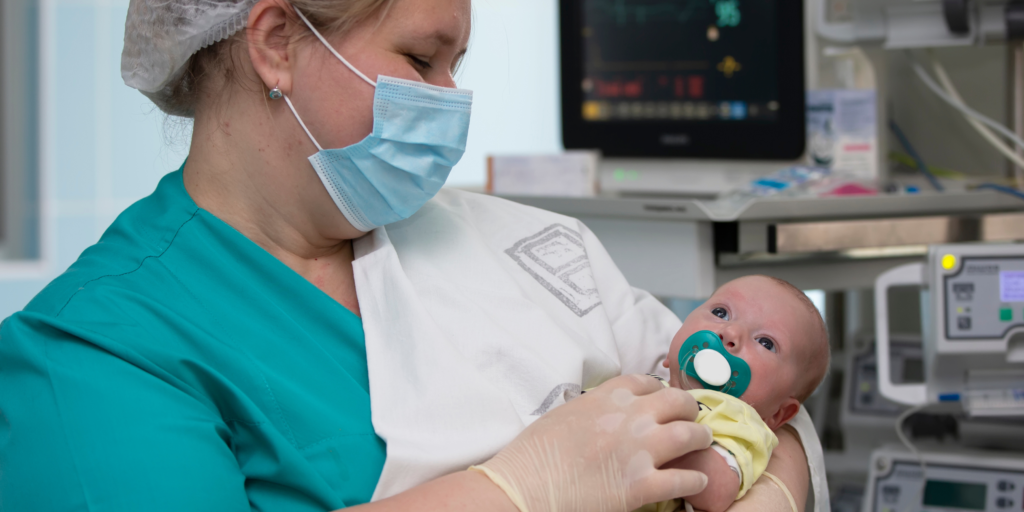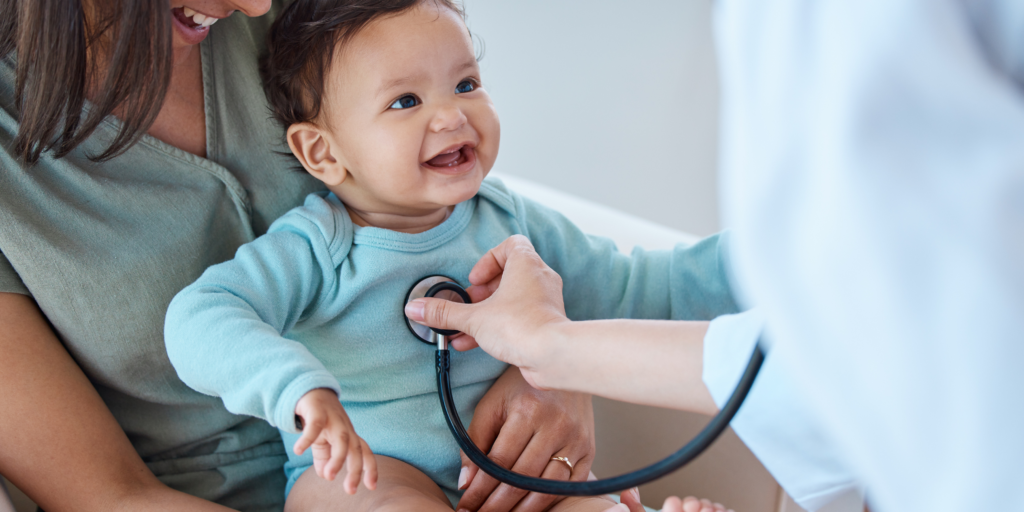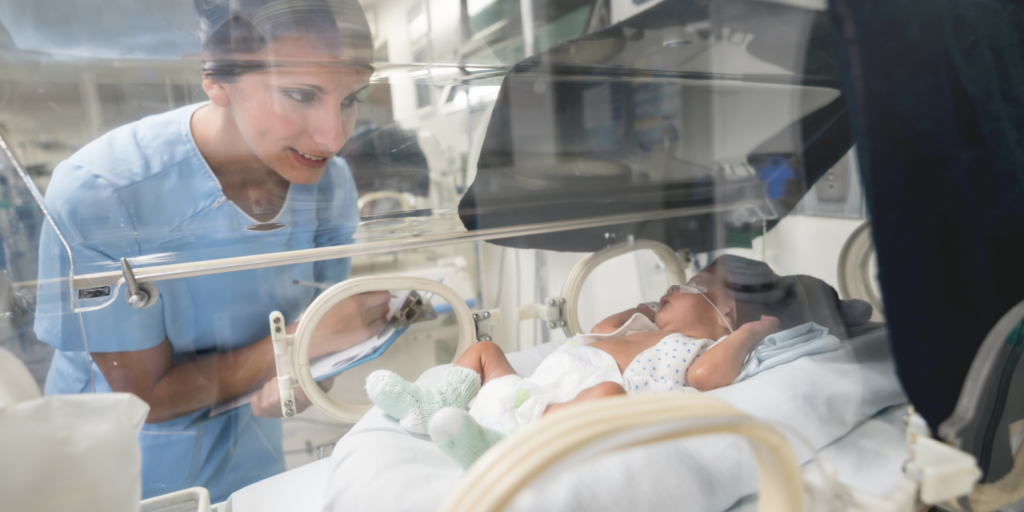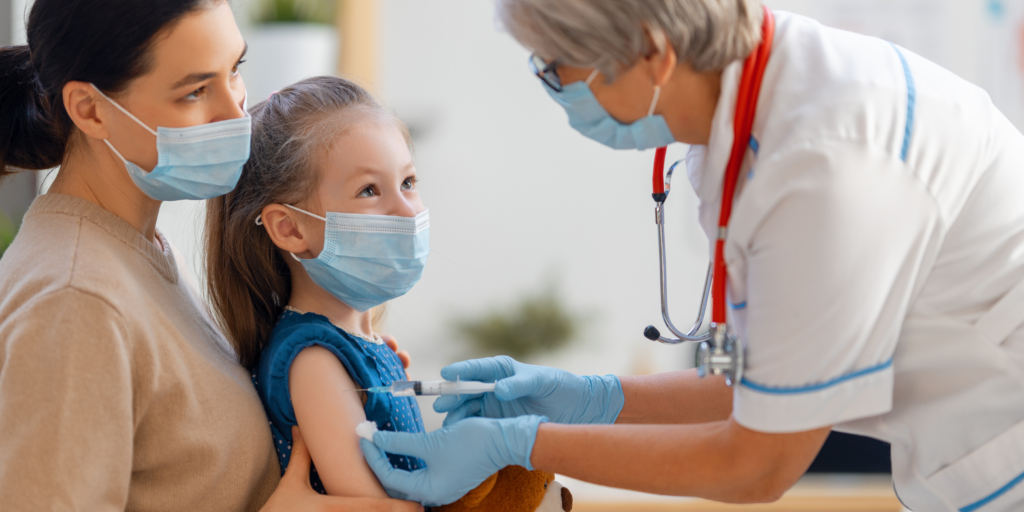Our Services
Home > Pages > Our Services
GENERAL PEDIATRIC SERVICES

1. Acute Illness
Acute illness refers to a sudden and short-term health condition that can affect kids. It’s like a surprise visitor that brings temporary changes to our bodies. Sometimes, we catch a cold or get a tummy ache out of the blue. Acute illnesses can make us feel unwell and uncomfortable, but the good news is that they usually go away quickly with proper care. These illnesses might include things like a fever, sore throat, cough, or upset stomach. It’s important to remember that even though acute illnesses can make us feel yucky, our bodies are strong and resilient. With some rest, plenty of fluids, and a little bit of extra care, we’ll be back to our energetic and playful selves in no time!
2. Baby Growth & Development
It is an exciting journey filled with remarkable changes and milestones. From the moment they are born, babies begin to grow and develop in various ways. In the first year, they undergo rapid physical growth, with their weight, height, and head circumference increasing significantly. They also acquire new skills, such as lifting their head, rolling over, sitting up, crawling, and eventually taking their first steps. As they grow, their cognitive abilities expand, and they start to explore the world around them with curiosity. They learn to grasp objects, babble, and eventually utter their first words. Socially, babies develop attachments to their caregivers, recognizing familiar faces and seeking comfort and security. Each stage of baby growth and development is a unique and awe-inspiring process that paves the way for a lifetime of learning and discovery.


3. Basic Emergency Care
Basic emergency care for kids is crucial in ensuring their safety and well-being during unexpected situations. It is essential for parents and caregivers to have a basic understanding of first aid techniques to effectively respond to common childhood emergencies. This includes knowing how to assess and manage minor injuries such as cuts, bruises, and burns, as well as recognizing the signs of more serious conditions like choking, allergic reactions, or febrile seizures. Being familiar with CPR and the Heimlich maneuver can also be lifesaving skills in critical situations. Additionally, creating a safe environment and having emergency contact information readily available are important preventive measures. By equipping themselves with these fundamental emergency care skills.
4. Common Childhood Ailments


5. Developmental Assessment
6. Immunisation


7. Newborn Examination
It is a vital component of pediatric care aimed at assessing the overall health and well-being of infants in their earliest days of life. Conducted by trained healthcare professionals, such as pediatricians or neonatal nurses, this comprehensive examination encompasses various aspects of a newborn’s physical and developmental characteristics. The examination typically includes measurements of weight, length, and head circumference, as well as a thorough assessment of vital signs such as heart rate, respiratory rate, and temperature. Healthcare providers also examine the infant’s skin, eyes, ears, mouth, and limbs, looking for any signs of abnormalities or congenital conditions. Additionally, the examination involves checking the baby’s reflexes, muscle tone, and overall neurological function to ensure proper development.
8. Infectious Diseases


9. Travel Health
10. Neonatology

Helping Patients From Around the Globe!!
Our staff strives to make each interaction with patients clear, concise, and inviting. Support the important work of Medicsh Hospital by making a much-needed donation today.

